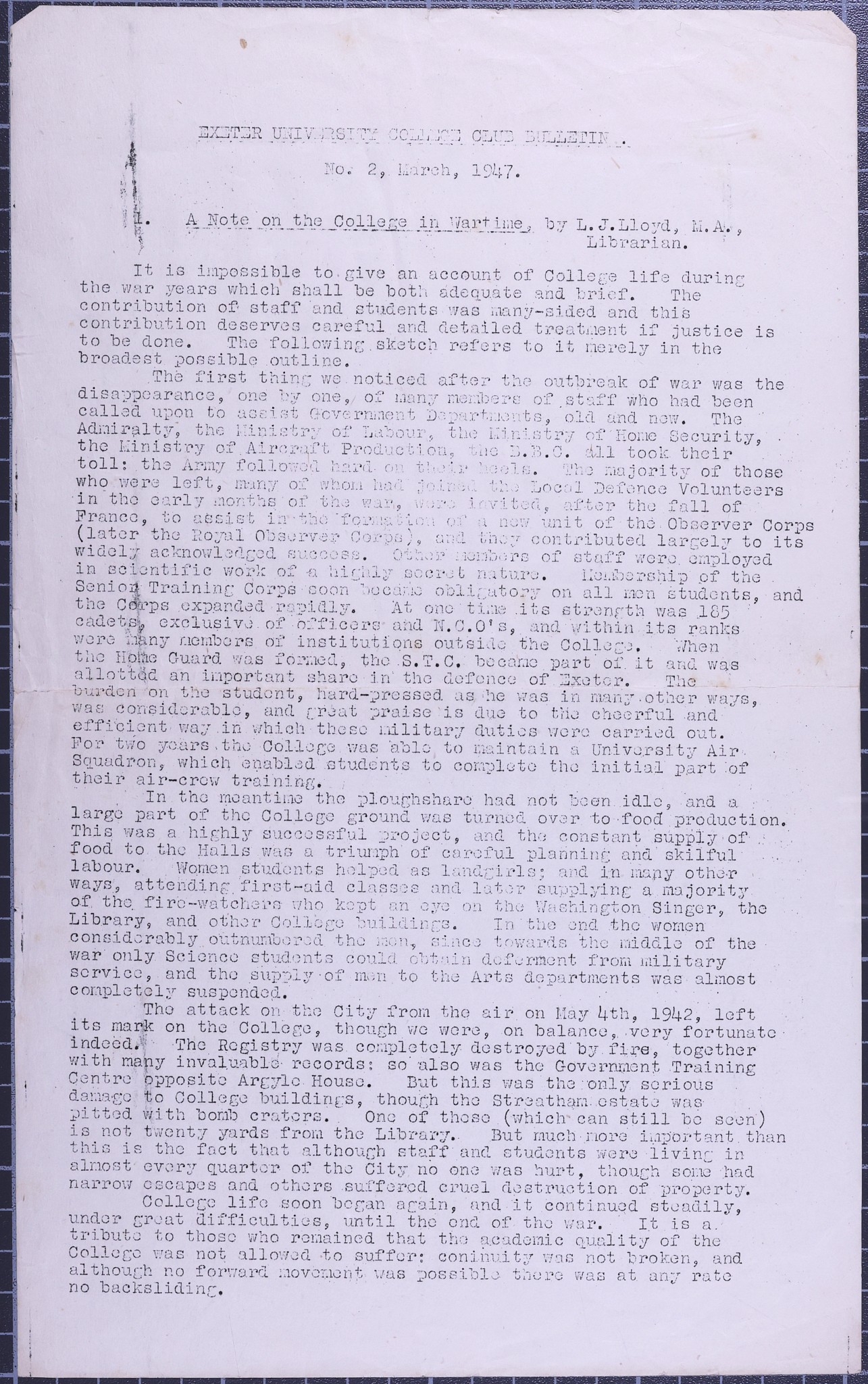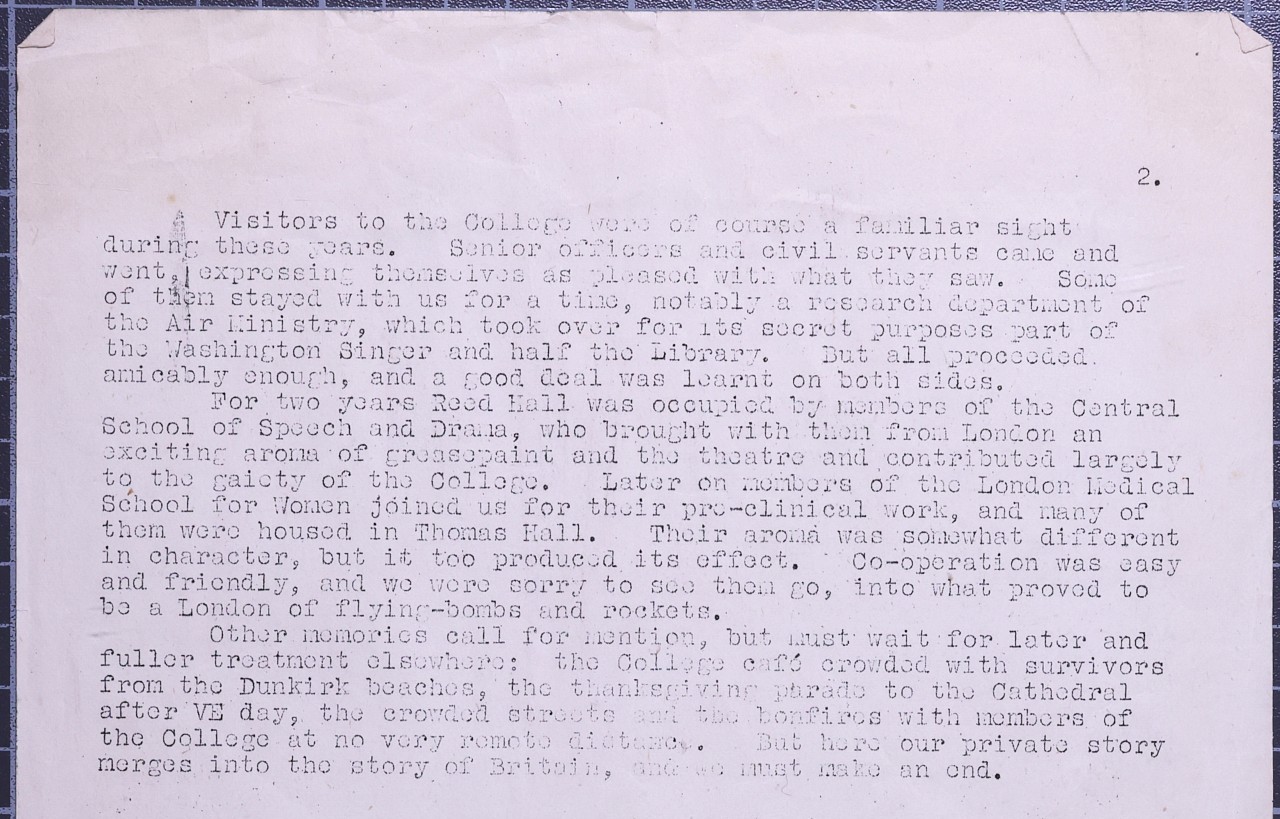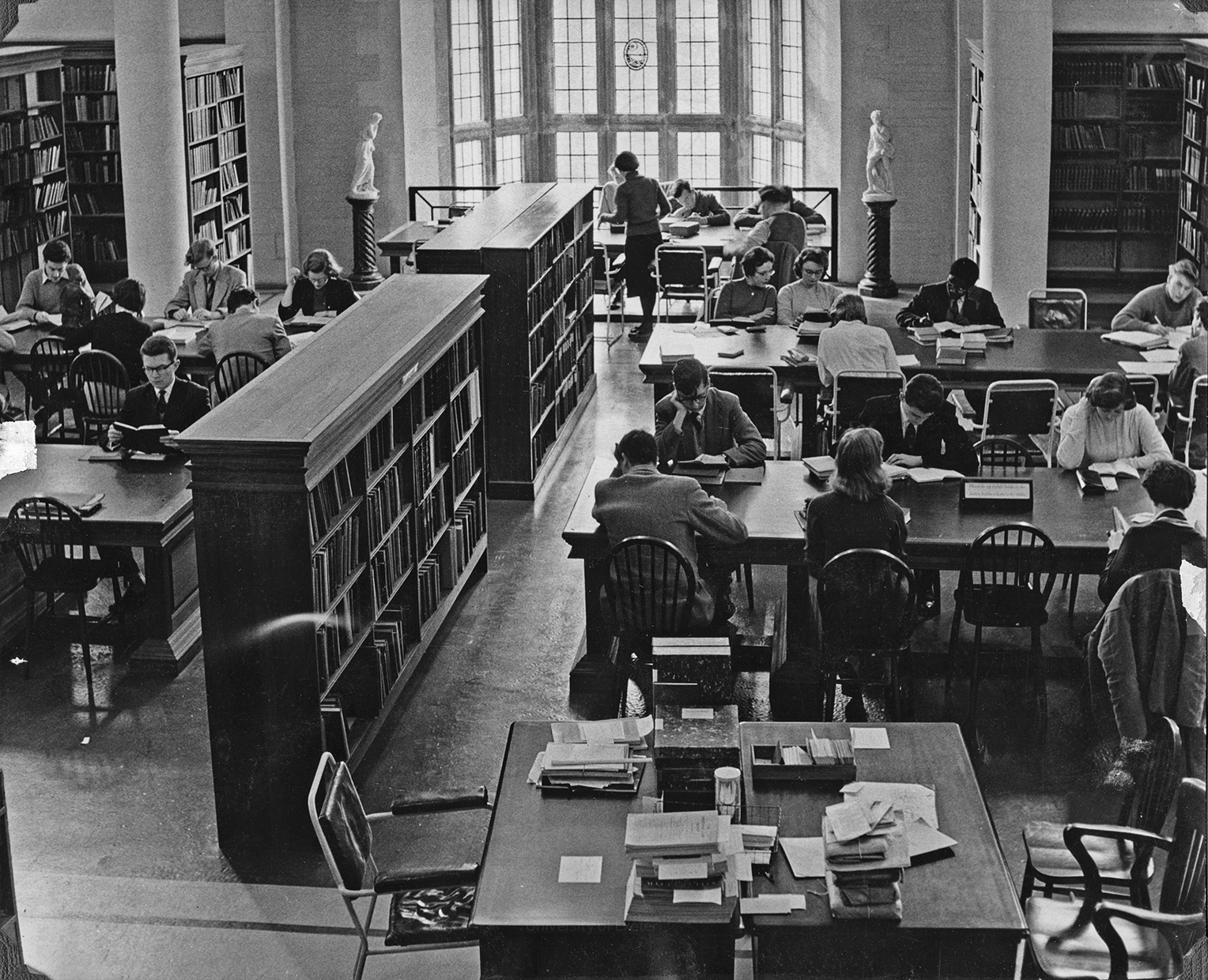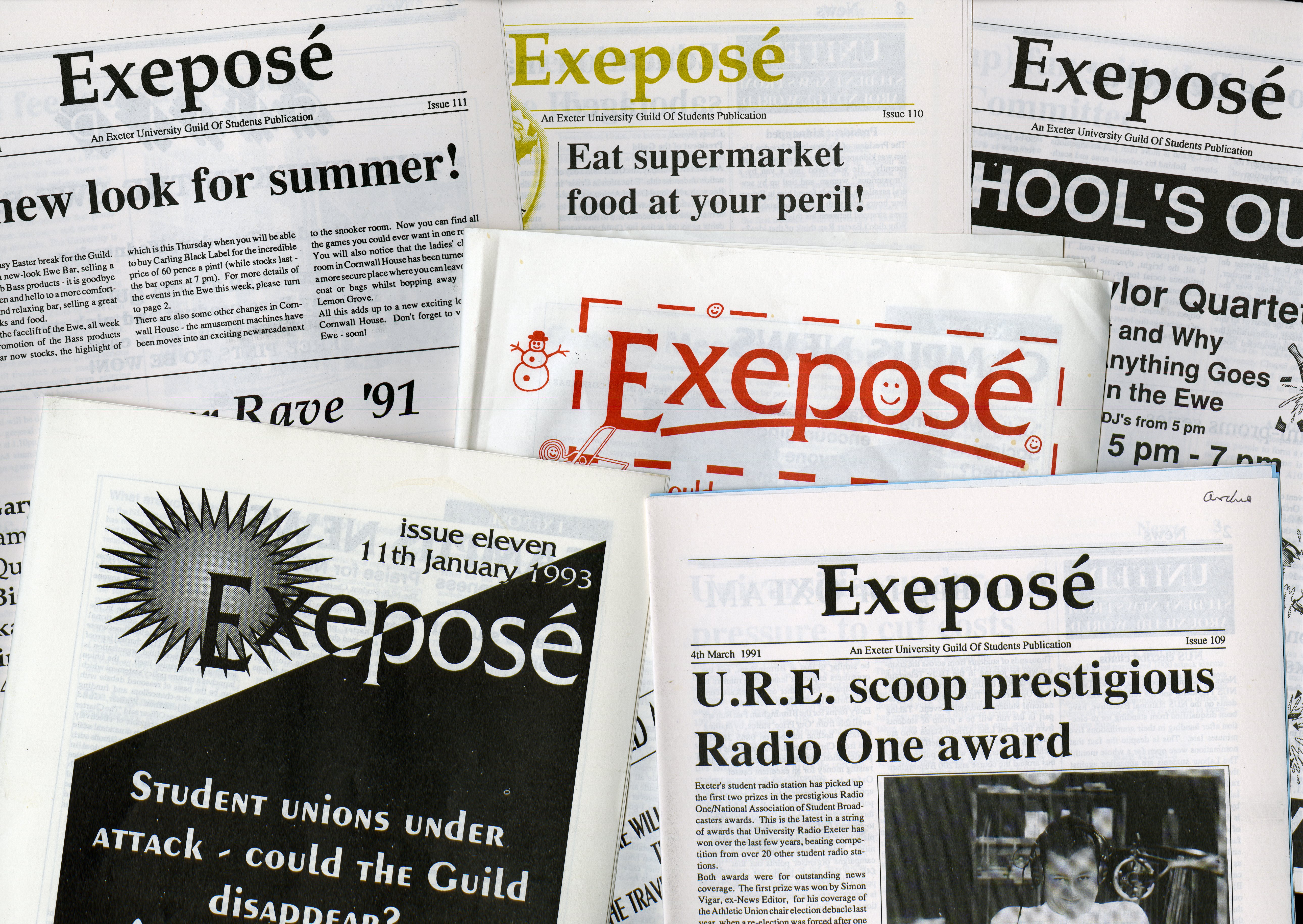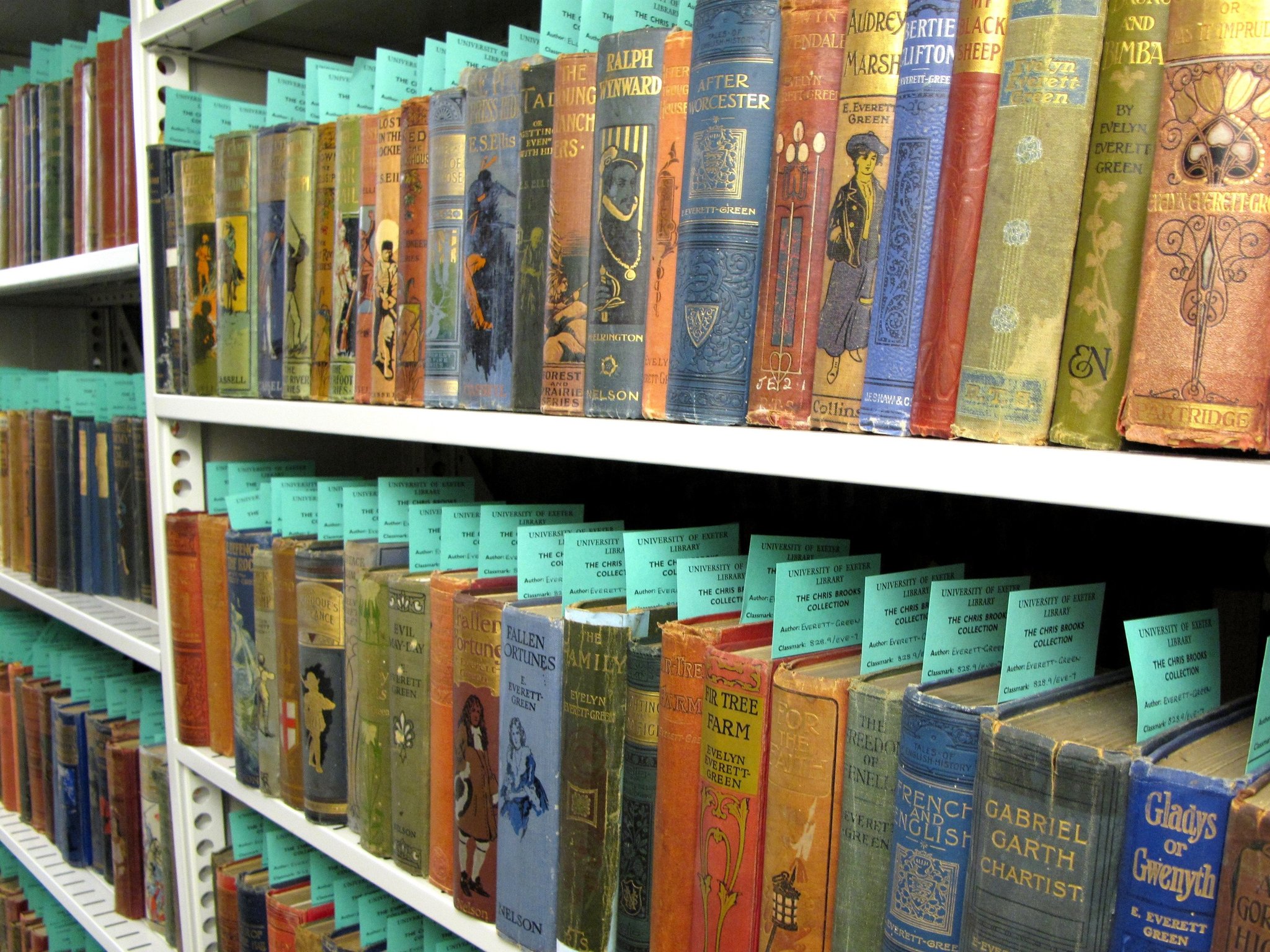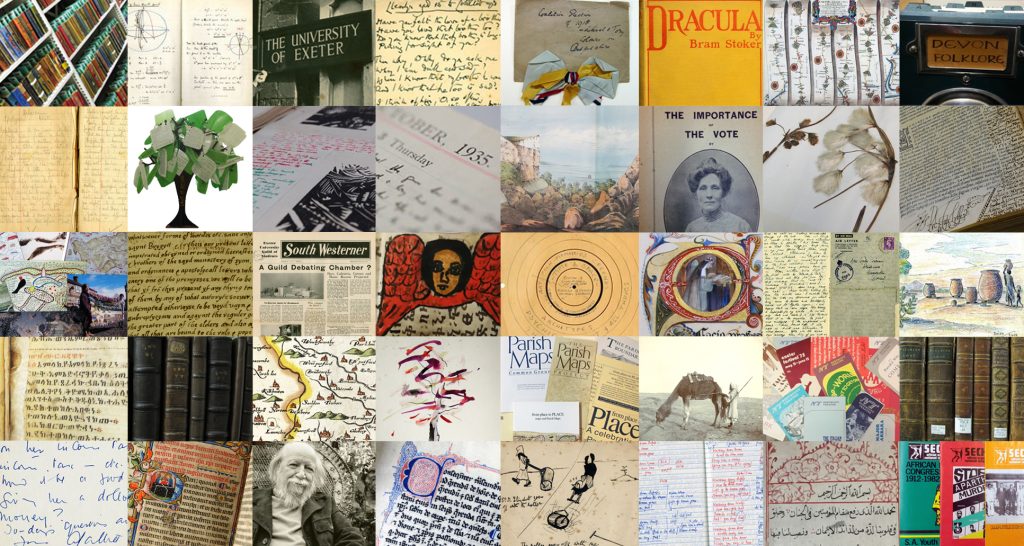The 01 June 2025 marked the 50th anniversary of the death of Leslie John Lloyd, former University Librarian from 1946 to 1972.
John Lloyd joined the University College of the South West (a predecessor institution of the University of Exeter) in 1930 as an Assistant Lecturer in English, progressing to a Lecturer in English in 1937. During the Second World War, Lloyd attained the rank of Captain, and acted as the Commanding Office of the S.T.O. (Senior Training Corps), a military unit mainly formed of academic staff and male students, which later became part of the Home Guard and was involved in the defence of Exeter.
While searching in the University Archive for traces of John Lloyd, we came across a typescript document entitled ‘A Note on the College in Wartime, by L. J. Lloyd, MA, Librarian’, written for publication in the Exeter University College Club Bulletin in March 1947. It offers fascinating insight into the experiences of university staff and students during the Second World War, mentioning not only the students and staff involved in military service, but also secret scientific work, food production at the college, the significant contributions of women, the Exeter Blitz, and students that were evacuated from London. At the end of this blog post, we have included a digitised copy of Lloyd’s article (the original is very faded), which so vividly and sensitively captures this difficult time in the university’s history.
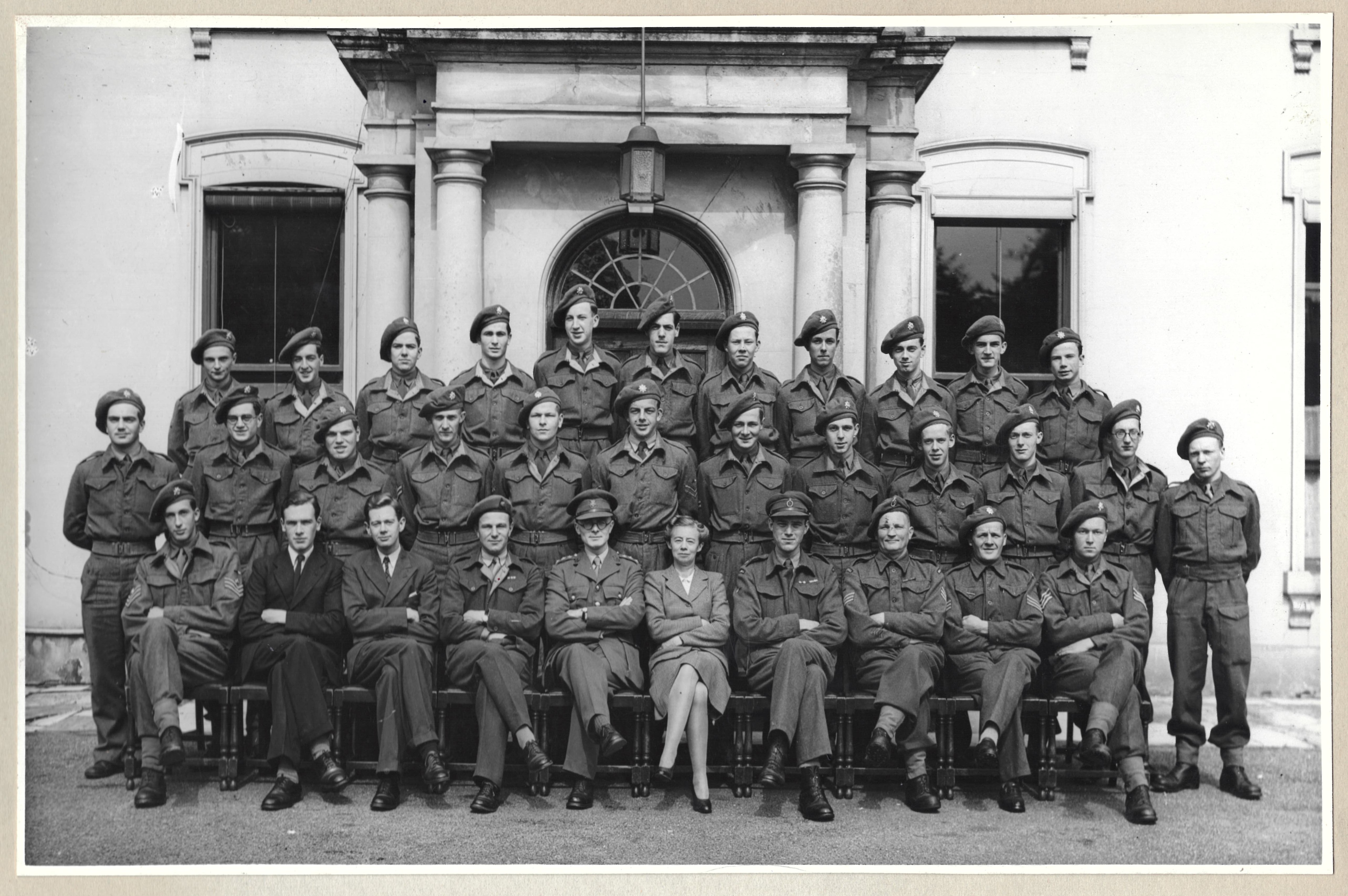
In 1946, John Lloyd became the University Librarian of the University College of the South West, a position which he held until his retirement in 1972. During this period, he witnessed great changes at the university, including the founding of the University of Exeter through the Royal Charter granted by Queen Elizabeth II in 1955. During his tenure, John Lloyd also saw the student population rise from 646 students in 1946 to 3,541 students in 1972 – and, for similar years, the number of books in the University Library rise from around 70,000 to 280,000! (Source: University Calendars)
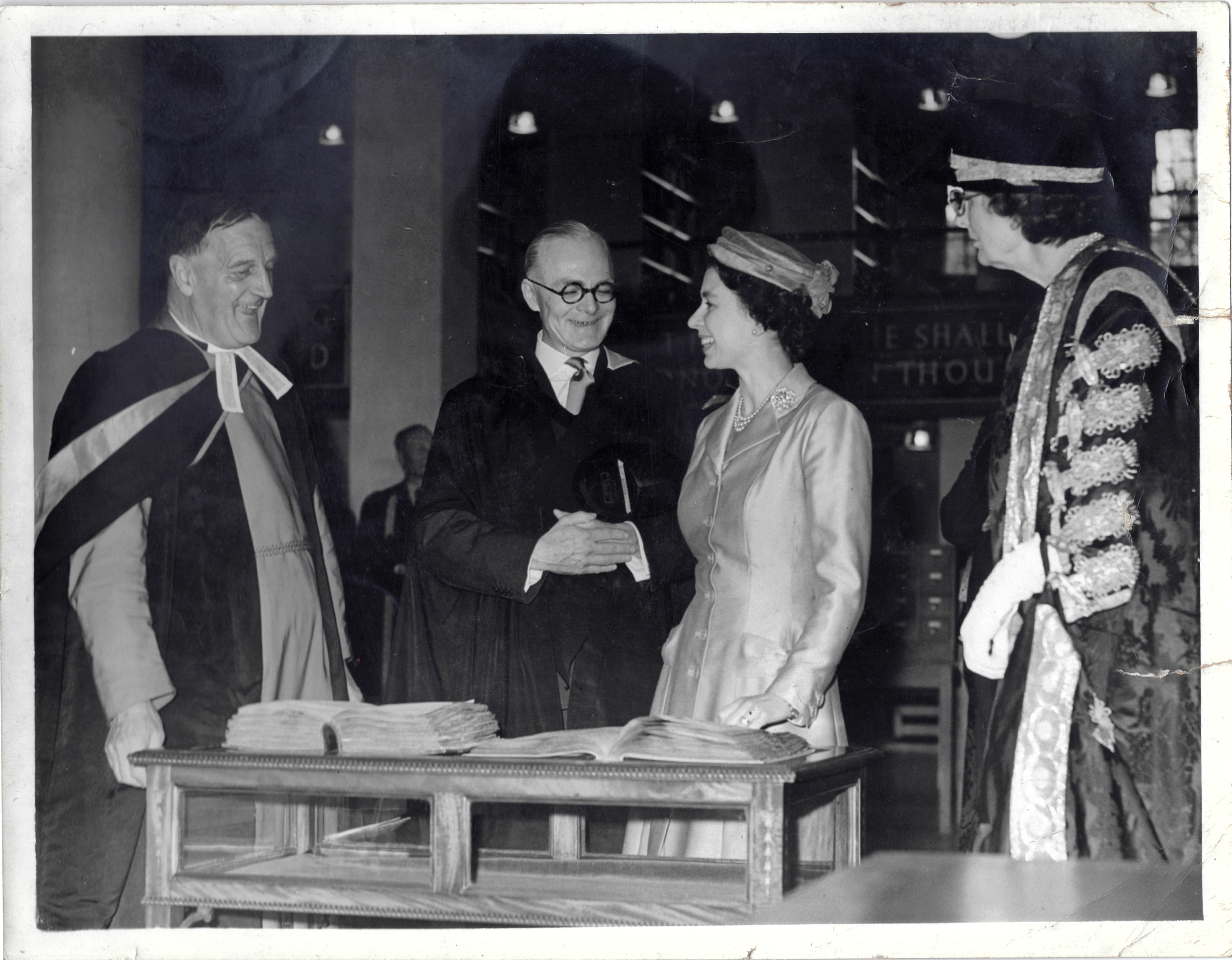
According to John Lloyd, a University Library:
“…should aim to be the cultural focus and centre of the whole University, a place in which every reasonable need of the student can be met, whether this be scientific, literary, artistic or – I was going to say practical – since a treatise on spin bowling or the chess tactics of Capablanca would I suppose take their comprehensive provision for the good life…My point is that students should be given the widest possible opportunities of developing whatever interests or talents they may have; and the library can, and should, go a very long way towards their provision. These are vital formative years; and it is our business to see to it that a stimulus is present at every turn.”
(Source: An address given by John Lloyd in 1956, published in ‘The University of Exeter: A History’ (1982), by B. W. Clapp, p. 169)
John Lloyd was responsible for the Library during a period in which it acquired a great many of the rare books now housed in Special Collections. He was also influential in the acquisition of the first groups of literary papers, from R.D. Blackmore and Henry Williamson, which cemented the University Library’s commitment to collecting the archives of writers associated with the South West of England.
In addition to his role at the University of Exeter, Lloyd was also the Cathedral Librarian at Exeter Cathedral (see a blog post by Emma Laws, Exeter Cathedral Librarian, for more information); a published author; an avid book collector; an active supporter of the Civic Society and of the Friends of the Cathedral; a violinist who played the lead in the orchestra of the Exeter Choral and Orchestral Society for many years; and the founder of the Erratics Cricket Club, the University of Exeter staff cricket team.
John Lloyd died on 01 June 1975, at the age of 68. In an address given at the memorial service held in the Mary Harris Memorial Chapel at the University, his friend Frank Barlow (Professor of History at the University of Exeter) described him as ‘one of the nicest men I have ever known. He was kind, extremely generous, most hospitable, and with a great talent for friendship’ (Source: Exeter University 796.358 FIS – The Erratics: Fifty Not Out).
Lloyd’s generosity was shown even after death in the bequeathing of his collection of 130 rare books to the University Library under the auspices of his wife, Vera Lloyd (née Woodbridge). Today, this collection forms one of the rare book collections looked after in the University Library’s Special Collections. The Lloyd Collection comprises a variety of rare books, mainly dating between the 18th and 19th century, of which many are illustrated or have fine bindings. The collection includes a first issue of Bram Stoker’s ‘Dracula’ (Westminster: Constable, 1897), with its lurid yellow cover. All the rare books in the Lloyd Collection are listed under the call number ‘Lloyd’ here on the Library Catalogue.
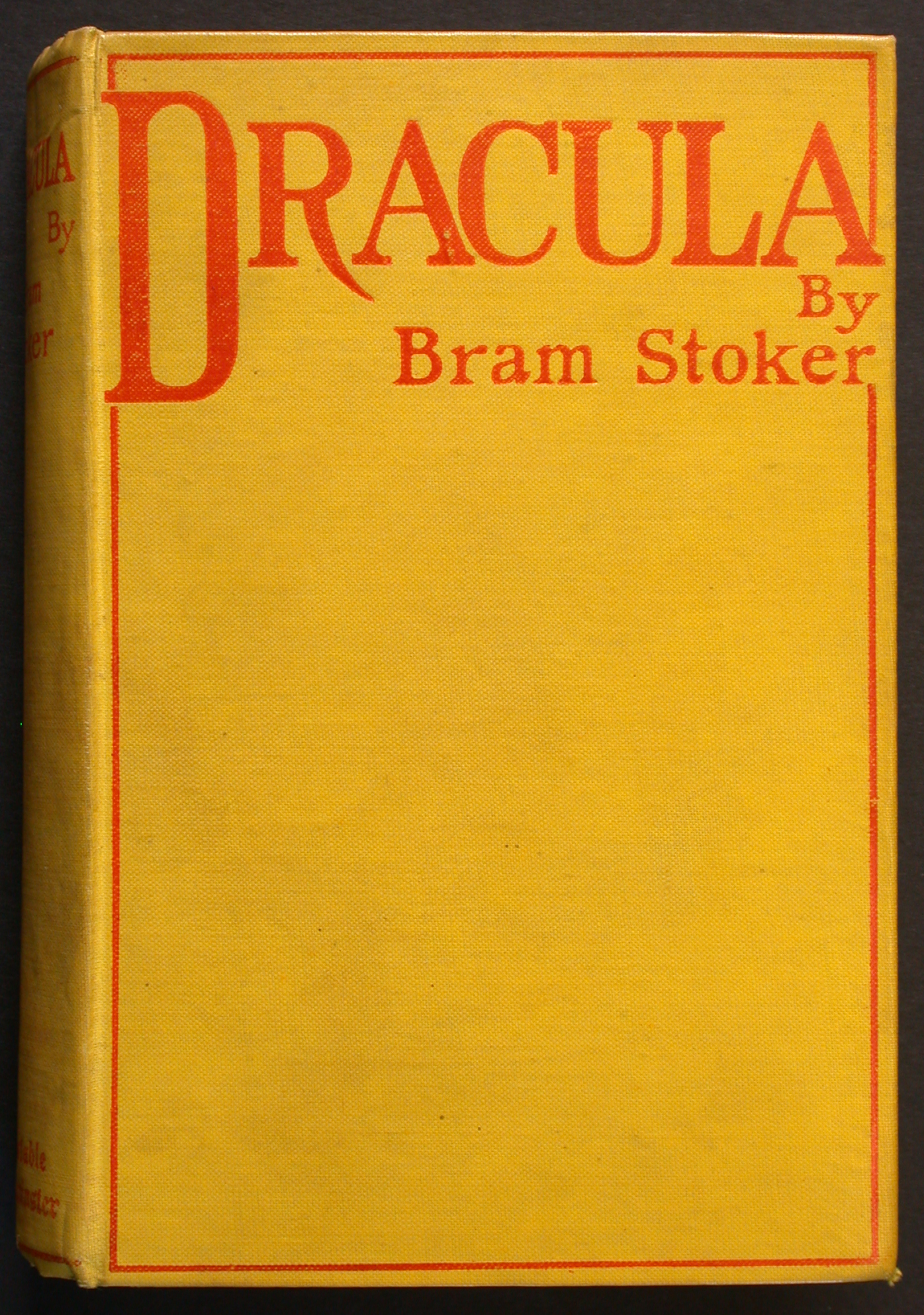
As with all of our collections, items from the Lloyd Collection and the University Archive are available for everyone to access in our Reading Room for research, interest or enjoyment. In this spirit, we hope we are continuing with John Lloyd’s ethos of enabling students, staff and visitors to the university to access the ‘widest possible opportunities of developing whatever interests or talents they may have’.
With grateful thanks to John Marshall, nephew of John Lloyd, for bringing the 50th anniversary of the death of John Lloyd to our attention, and for kindly providing some of the information used in this blog post.
‘A Note on the College in Wartime, by L. J. Lloyd, MA, Librarian’, written for publication in the Exeter University College Club Bulletin in March 1947
